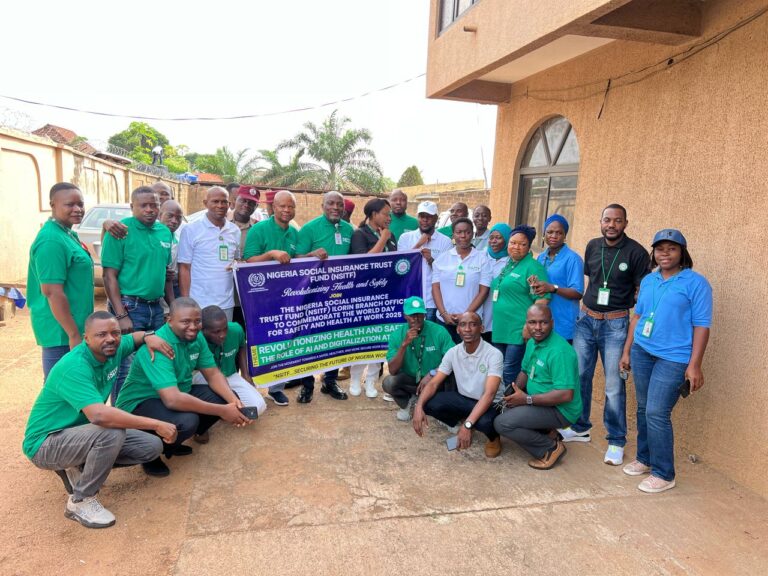By Babajide Awoyinfa
Nollywood filmmaker, Funke Akindele, Falz, Kiekie, and other creative voices have shared their life stories on the Chude Live Conversation Show.
Speaking during the show, entrepreneur and storyteller, Chude Jideonwo, said the live conversation show was his debut of #WithChude Live.
According to Jideonwo, it is not just a talk show but a space where laughter, vulnerability, wisdom, and healing collide.
He said the show had created an atmosphere where people of all ages, especially young Nigerians, could sit in rooms filled with possibility and leave feeling seen, heard, and deeply moved.
Sharing her experience, Akindele said the show was all about humanity.
She added that the live show was for the audience to listen to celebrities on how they shared their stories, pains and joy.
“There was a video on social media that some women mocked me that I don’t have a husband.
“My God. I see all the insults on social media. I see all the posts that show how I left one husband for another one.
“I cried, cried, and cried. I just told myself, you need to speak to someone about this. You can’t continue like this.
“I told myself that I needed to speak, I reached out, and I started speaking. After then, I felt better. Things I couldn’t tell people out there. I spoke to my therapist and I was better.
“So, I want to advise you out there. It’s very important for you to speak up. You need it. You can’t take everything. I’m a very strong person now. I have that strength to face any challenges in life.
“After the whole blackmailing, I got tougher. I started putting the story about my life into writing, even though I almost lost it mentally, but I used the mockery to produce a film,” she said.
Akindele, sharing her story about crossing the one billion views in one of her films in the box office, said prior to that time, a filmmaker told her that she could not make the feat.
Akindele said one of her priorities was to empower the next filmmakers and to create several movie stars in the Nollywood industry.
Also, Bukunmi Adeaga-Ilori, popularly known as Kiekie, a media personality and a social media/fashion influencer, said it was a privilege to be on the show.
“l feel delighted whenever l have to speak to express myself before live audience.
“I am here for great conversation, topics around career, work and industry.
Folarin Falana, popularly known as Falz, a rapper, songwriter, and actor, said, “the EndSARS period was one of the craziest and toughest times in my life but I did not have any regrets participating in the protest.
“In my life, I was thought never to regret my actions, the EndSARS protest was a moment that was monumental so more than anything I appreciated how I participated in the struggle.”
The News Agency of Nigeria (NAN) reports that other popular personalities that shared their stories are: comedian Bovi Ugboma, rapper and renowned faith leader, Pastor Jerry Eze.
Others are Veekee James, Moses Bliss, Taaooma, and Hauwa Lawal, who shared how they manage their mental, emotional, and spiritual well-being while navigating fame, online scrutiny, and the ever-present pressure to remain relevant. (NAN) (www.nannews.ng)
Edited by Folasade Adeniran













